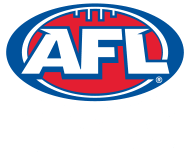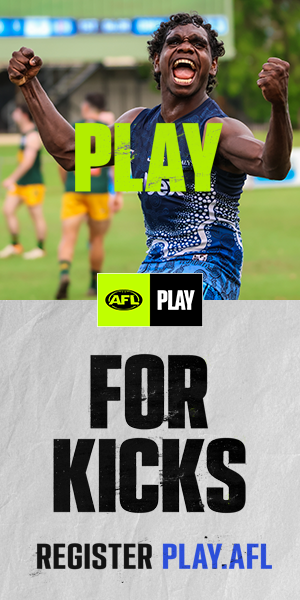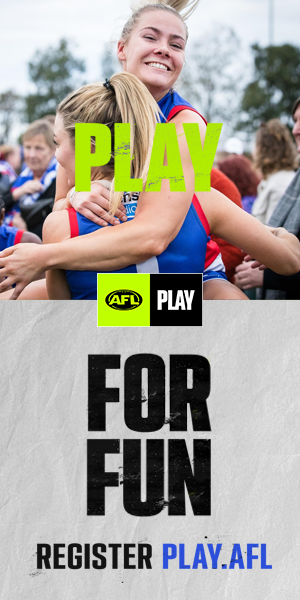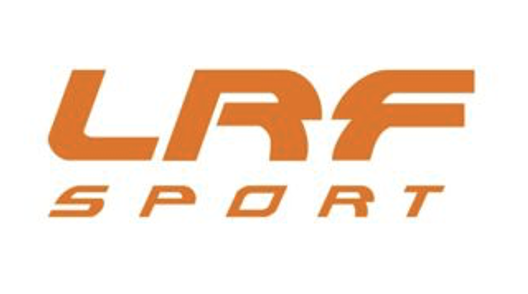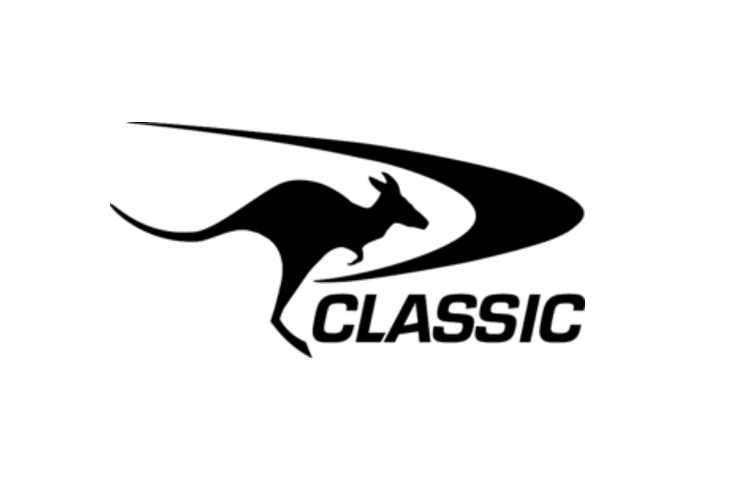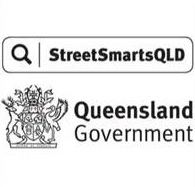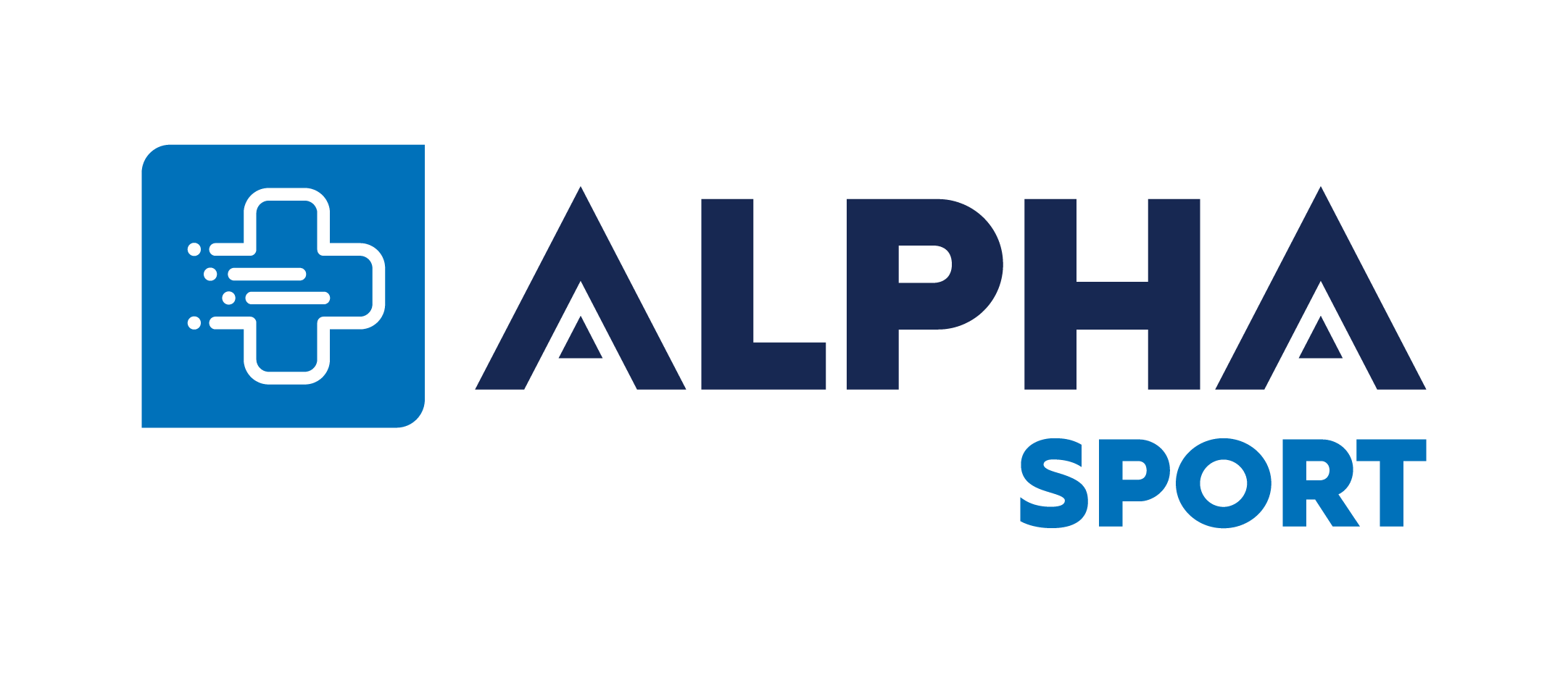About AFL & the Indigenous Community
Australian football is the sport of choice for Indigenous Australians.
The Indigenous population makes up two and a half percent of the total Australian population; from this, 90,000 participants are involved with AFL programs around the country. Indigenous Players make up 9% of our AFL list.
The connection the AFL has at a national, state and regional level allows us to provide a unique opportunity for Indigenous and non-Indigenous Australians to work together in partnership. The AFL’s Indigenous Partnership focuses on:
- Acknowledgement
- Recognition
- Community Development
- Reconciliation
- Commitment
The AFL’s state and regional programs play an important role in engaging with communities.
- Indigenous Talent Pathway
The AFL Indigenous talent pathway is designed to help future role models and champions of tomorrow succeed in the AFL. The Queensland State Manager identifies young talent and selects participants to represent Queensland in the AFL National Indigenous Program. Each state selects a team of 25 under 15 players to take part in a round robin tournament in the U15 National Kickstart Championships. At the Championships young players display their talent in the hope of being selected to join the national Indigenous Flying Boomerangs Squad. The Boomerangs squad go on to compete overseas in an International Tour either in South Africa or in the Oceania and South Pacific Regions.
The Flying Boomerangs Program is a personal development and leadership program for Aboriginal Torres Strait Islander males. The program aims to provide participants with the most chances of being exposed to an elite football environment.
- Kickstart Championships / All Nation Championships
The National Diversity Championships encompass the National U15 Kickstart and the National U15 All Nations Cup. The Diversity Championships are an important pathway for our Diversity Programs, it provides talented participants for our Flying Boomerangs and World Team squads, umpires for our umpiring academies, and coaches for our coaching academy which is a unique opportunity to strengthen our game with people from culturally diverse backgrounds. The Championships sees over 200 participants from Aboriginal, Torres Strait Islander and Multicultural backgrounds come together and compete at the week-long tournament, with an additional 70 plus Aboriginal, Torres Strait Islander and Multicultural coaches, umpires, managers, physios and trainers as support staff.
- The KickStart Championships provides players with an opportunity to test themselves against the best emerging Aboriginal and Torres Strait Islander players from around the country at Under 15 level. The best performing players will be selected for the national Indigenous Flying Boomerangs squad.
- The All Nations Cup is a feature event of the year for the Australia Post AFL Multicultural program and all six teams competing feature players from multicultural backgrounds, with each state represented. To be eligible for the All Nations Cup Squad, players must have been born overseas and come from a non-English speaking background. The junior multicultural stars form the basis of selection for the Australian players in the World Team which will compete in the NAB AFL Under 16 Championships.
- U23 Rio Tinto Footy Means Business Program
Each year, the Rio Tinto Footy Means Business program provides talent and employment opportunities for 50 young Aboriginal and Torres Strait Islander men from all over Australia. The program consists of two camps held in May and November. During the program participants are exposed to the routine of a professional AFL player, including high performance testing, training and conditioning. The men are also introduced to potential career opportunities with AFL corporate partners. Between camps, participants are assigned a mentor and are required to undertake a personal development project in their community.
The AFL and Rio Tinto have set a 100% target for participants to be engaged in employment/education or training at the completion of the program.
- Indigenous Schools Program
The primary objective of the AFL Indigenous Program is to assist Aboriginal and Torres Strait Islander communities to access Australian football whether as a player, fan, coach, administrator or umpire.
The Indigenous Program has been established within the AFL Game Development department and AFL Football Clubs to achieve this objective. AFL Queensland would like Australian Football Clubs to be a vehicle that encourages community strengthening and inclusion within the wider Australian community.
The Indigenous schools program is a minimum six week program that is conducted with students from Primary (Grades 3 – 6) and Secondary Schools (Years 7 – 10). It consists of weekly clinics conducted by Development Officers, based on basic footy skills and also key educational themes.
A selected number of students participate in a grid game at halftime at either the Gabba or Metricon Stadium.
- AFL Indigenous Round
Each year the AFL dedicates an entire round to celebrate the contribution of Aboriginal and Torres Strait Islander peoples to the game. The Indigenous round includes a traditional Welcome to Country ceremony prior to all nine matches and a curtain raiser in each State featuring Aboriginal and Torres Strait Islander community based teams.
AFL Queensland celebrates the AFL Indigenous Round in Brisbane with a Long Walk to the Gabba before the game. The Long Walk is a charity inspired by Michael Long’s walk to Canberra on 21 November 2004 from his home in Melbourne (more than 650 kilometres) to meet with then Prime Minister John Howard to demand that Aboriginal and Torres Strait Islander issues be placed on the national agenda. Michael Long is one of the most recognisable Aboriginal figures in AFL football. In 2015 over 200 Aboriginal and Torres Strait Islander people participated in the Long Walk to the Gabba before the Indigenous Round. AFL Queensland aims to work closely with the Brisbane Aboriginal and Torres Strait Islander community to improve the number of participants over future years.
- Jim Stynes Scholarships
The Jim Stynes Scholarships are named after Jim Stynes in recognition of his outstanding efforts not only as a professional Australian Football Player and administrator, but also as a philanthropist, charity worker and writer.
The purpose of the Jim Stynes Scholarships is to assist in providing both a pathway to employment and a pathway to nurture/develop skills and/or talents unique in youth (15-19 years) from:
- Multicultural backgrounds;
- Aboriginal and Torres Strait Islander communities; and/or
- Socially isolated/excluded communities
Scholarships are available to young people aged 15 and no older than 19 as at 31 October in the relevant year. Potential recipients may be nominated by the president/coach of their sporting club/team, an authorised officer of a not-for-profit community organisation, an employee of the AFL or an AFL state body or a board member, staff member or crew member of The Reach Foundation.
- Cape York House
AFL Cape York House is a residential facility in Cairns for young Aboriginal and Torres Strait Islander men who come from remote Aboriginal and Torres Strait Islander communities in Far North Queensland. The House provides them with a culturally appropriate and secure place to live while they attend local partner schools during the day. The House provides case-by-case management under a three pillar approach to Education, Wellbeing & Careers & Transition.
The AFL Cape York House is a tangible and outcomes-focused commitment to the Commonwealth and Queensland Governments’ ‘Closing the Gap’ strategy for Aboriginal and Torres Strait Islander education and health.
The House has a 48-bed residential facility for boys and young men in Years 7 to 12 who come from the remote Aboriginal communities of Cape York, Torres Strait Islander communities in the Torres Strait Islands, and Gulf Savannah regions. The House also caters for former graduates transitioning into work or tertiary studies.
The boys live in a small and safe residential facility that provides them with a culturally appropriate environment. Students attend school during the day at one of six partner schools in Cairns, and return home to the House in the evenings where they can be cared for on a case-by-case basis.
